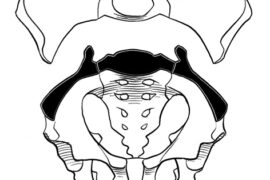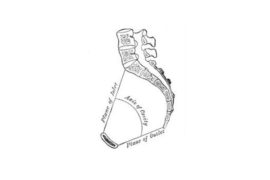Canadian guideline: All women without contraindication should be physically active throughout pregnancy
Interested in the benefits, indications and contraindications for physical activity throughout pregnancy? Please read the summary of findings from the Canadian guidelines for physical activity during pregnancy and follow the link.
Canadian guidelines: strong recommendations are summarized below.
All women without contraindication should be physically active throughout pregnancy. Moderate-quality evidence.
Women who were previously inactive. Moderate-quality evidence.
Women categorised as overweight or obese (prepregnancy body mass index ≥25 kg/m2). Low-quality evidence.
Pregnant women should accumulate at least 150 min of moderate-intensityiii physical activity each week to achieve clinically meaningful health benefits and reductions in pregnancy complications. Strong recommendation, moderate-quality evidence.
Physical activity should be accumulated over a minimum of 3 days per week; however, being active every day is encouraged. Moderate-quality evidence.
Pregnant women should incorporate a variety of aerobic and resistance training activities to achieve greater benefits. Adding yoga and/or gentle stretching may also be beneficial. High-quality evidence.
More than half of pregnant women are on sick leave during pregnancy, most frequently reported cause is lumbopelvic pain. Facilitating job adjustments and exercise gym may prevent sick leave in late pregnancy
‘Facilitating job adjustments when required might keep more pregnant women in employment. Furthermore, pain locations in pelvic area, disability, lower education and being sick listed due to LPP in mid pregnancy are important risk factors for sick leave in late pregnancy.’
Good quality trials are needed to ascertain the most effective elements of postnatal exercise programs suited for LPP treatment
‘Our review indicates that only few randomised controlled trials have evaluated the effectiveness of exercise on LPP among postnatal women. There is also a great amount of variability across existing trials in the components of exercise programs, modes of delivery, follow up times and outcome measures. While there is some evidence to indicate the effectiveness of exercise for relieving LPP, further good quality trials are needed to ascertain the most effective elements of postnatal exercise programs suited for LPP treatment’











